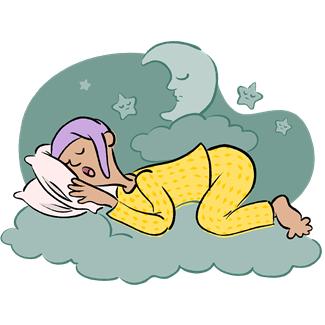The One Necessary Success Habit Anyone Can Learn: And How To Develop It!
THE ONE NECESSARY SUCCESS HABIT ANYONE CAN LEARN: AND HOW TO DEVELOP IT! (ISSUE 86)
By Diane Gold
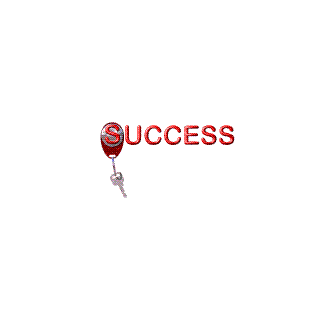 It would seem that it’d be hard to pinpoint one success habit that we need to succeed. But, it’s right in front of us and we all use it or lose it. The great thing is that everyone, more or less, can learn it. With respect to the developmentally delayed and emotionally fraught people I have and have not worked with and respect, it’s as easy as putting one foot in front of the other.
It would seem that it’d be hard to pinpoint one success habit that we need to succeed. But, it’s right in front of us and we all use it or lose it. The great thing is that everyone, more or less, can learn it. With respect to the developmentally delayed and emotionally fraught people I have and have not worked with and respect, it’s as easy as putting one foot in front of the other.
Let’s review the habit process, first. It is a behavior we have repeated over and over again after a cue which takes away pain or gives pleasure. We know that something TRIGGERs us to TAKE AN ACTION after which we get some type of result, commonly called a REWARD. This result or reward can be the joy of selling someone a product or an idea, which makes us feel powerful even though we often bill our mission as helping others.
OR it can be the joy we feel from the chemical change caused by taking some drug, alcohol or tobacco-like product, which we bill as fun but is usually to hide our lack of self-esteem. Or it can be the relief (joy) of preventing our bodies from going into withdrawal from lack of some drug to which we have developed a chemical dependence. It can even be as simple as the joy and focus we feel from taking a shower and feeling clean. In the latter example, we get up and feel dirty. This feeling triggers us to take a shower which leads us to feel that newness we feel after our skin is clean.
Okay, the one necessary success habit is not taking a shower, although most successful people respect themselves and others which would include bathing on a regular basis.
THE HABIT
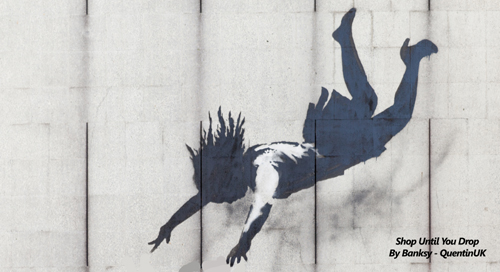
THE HABIT is to take one step after we fall, collapse, fail a test, fumble a deal, lose our status, get insulted, get demoted, fail a test, get fired, separate from a significant other, get embarrassed or get knocked down. Commit to this one step. When we go to take it, it might be the most unsure move we have ever taken, or so it feels at the time. It is crucial.
THE ACTION STEP
Here’s the easiest way to take that step which has a time limit on it.
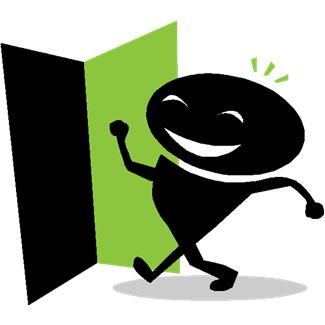 For just about anything, go out in the world for a walk and a talk. You may not have a smile on your face when you leave, but your perspective will be different when you return. That is the way we are built. Any little distraction, like a walk or a few words with another person, changes where we were headed the moment before – if we let it. (When we are focused on positive goals, we often choose to ignore these distractions. However, after a fall, distractions heal us.)
For just about anything, go out in the world for a walk and a talk. You may not have a smile on your face when you leave, but your perspective will be different when you return. That is the way we are built. Any little distraction, like a walk or a few words with another person, changes where we were headed the moment before – if we let it. (When we are focused on positive goals, we often choose to ignore these distractions. However, after a fall, distractions heal us.)
If you were fired from a job, send out one cover letter and resume within 24 hours. Not that you are interested in job hunting now, but the action step will insure that you cement the habit to get up after falling. Remember, we are creating THE ONE NECESSARY HABIT that will lead to success.
If your relationship broke up, talk to someone within 24 hours, even if it’s the server at the local coffee shop. Talk about anything, but connect with a human being. If possible, be with a group of happy people and talk about incidental things, dance, shoot golf balls.
If you fell off the wagon – any wagon – meaning you used drugs, drank alcohol or gorged yourself after a period of abstinence; celebrate that you are starting your first day toward your goal by telling a member of your support system within 24 hours. If you don’t have a support system, go to a library and talk to a librarian or go to the corner store and say hello to the owner. Talk about anything, but connect with a human being, outside, in the flesh.
If you gambled your rent away or just lost your retirement fund in a financial crash; go talk to the poorest person you know or have seen and talk about what is important in life. You might see life from a different angle after the talk. And it might help with your fall.
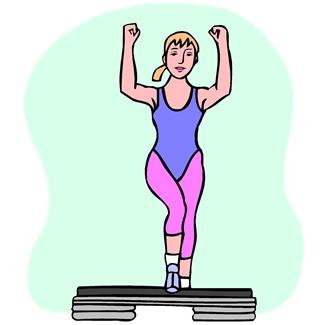
Obviously, the idea is to make a move. Whether it’s walking, talking, dance, seeking out a poor person, sending a resume; the idea is to move forward to minimize the down time. When we tell another, we are opening up our negative dyke and allowing ourselves to let go of our disappointment and lead ourselves on a new path.
CAUTION
Do not wait to feel like taking a step. That’s the trick! You will not feel it right away. You will want to take time and beat yourself up. You can beat yourself up after you make a move, which means after you begin to form your new success habit. You can self-beat in 48 hours, if you still want to. But, within 24 hours, follow the action steps.
ADDITIONAL ACTION STEP ONE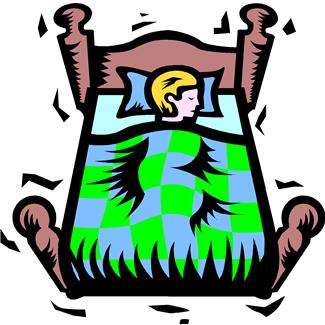
Make sure to lie down to rest early on the day of the fall. Sleep heals.
If you can’t get to sleep, play some kind of word game until you feel sleepy, knowing that sleep will heal you to some extent and that you will need your strength for your action step.
ADDITIONAL ACTION STEP TWO
 If we have experienced a chemical set back, meaning we have overeaten or done drugs or alcohol; our body will be in the fight or flight mode. Therefore, we will have to be aware that we will be getting cues to repeat the “fall” behavior. Every time we get our cue to do excess food or drugs or alcohol, we need to act according to plan.
If we have experienced a chemical set back, meaning we have overeaten or done drugs or alcohol; our body will be in the fight or flight mode. Therefore, we will have to be aware that we will be getting cues to repeat the “fall” behavior. Every time we get our cue to do excess food or drugs or alcohol, we need to act according to plan.
Here’s the plan: we will drink a glass or two of water every time we get an urge. This will diminish and probably remove the urge or cue temporarily. The cues will become fewer and fewer and more controllable in time. And we can go on about our business without the fall we have just experienced. Our new reward will be our pride in self, our relief at moving toward our goal and development of our new great habit.
CONCLUSION
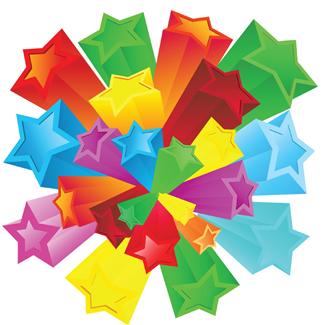 The important thing about learning the one necessary success habit is to follow through on a daily basis toward the goal we have set for ourselves. With substance abuse, when we get that urge, that cue to behave in a way that does not support our goals, we need to have a planned activity in mind so that we can take a positive action and get our reward. With losing face or money, the planned activity will be to take a step toward our goal within 24 hours AS IF we felt like it.
The important thing about learning the one necessary success habit is to follow through on a daily basis toward the goal we have set for ourselves. With substance abuse, when we get that urge, that cue to behave in a way that does not support our goals, we need to have a planned activity in mind so that we can take a positive action and get our reward. With losing face or money, the planned activity will be to take a step toward our goal within 24 hours AS IF we felt like it.
We each form our habits based on our personalities, our goals, how we were raised and how much repetition we have had at forming them. The more we plan and follow through with them, the more natural it will be to form a habit that helps us. And getting up after a fall is key. It puts us in position to have an internal resource for success, no matter what happens.
FEEDBACK
Please leave a comment and LIKE.
DIANE GOLD, AUTHOR
Diane Gold, Founder of Warriors of Weight, Turning Habits Into Health, is a mentor in tai chi, kung fu and meditation, a music, fitness and stress expert, dedicated mom, studying plant-based nutrition.
She loves talking about habits and tiny but crucial strategies to develop good ones out of the ones that no longer empower us or never did. She says,
“With a little focus, we can beat the habit game. We can learn how to manipulate our own habits and use them to our advantage rather than have them be detrimental to us. All we need is a little awareness, a little one-pointed attention and a little faith and we can re-learn how to develop a habit to our standards.”

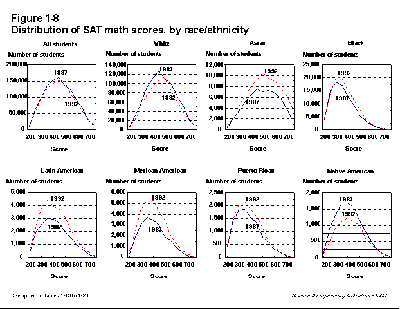 The grade game refers to the habit of using grades to determine success in education. This measurement system is known all over the world. How often does it work?
The grade game refers to the habit of using grades to determine success in education. This measurement system is known all over the world. How often does it work?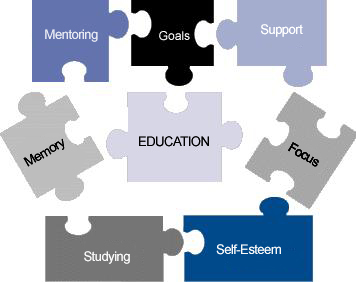 I read an article by Michael Thomsen, “The Case Against Grades,” at Slate.com the other day. In it, he supports the trend moving away from grades in school. He talks about the “negative reinforcement” that comes from this type of system. Having been a specialty teacher for 10 years in the New York City and State School Systems, and a private teacher for another several decades, I have first-hand experience at watching students and serving their differences.
I read an article by Michael Thomsen, “The Case Against Grades,” at Slate.com the other day. In it, he supports the trend moving away from grades in school. He talks about the “negative reinforcement” that comes from this type of system. Having been a specialty teacher for 10 years in the New York City and State School Systems, and a private teacher for another several decades, I have first-hand experience at watching students and serving their differences.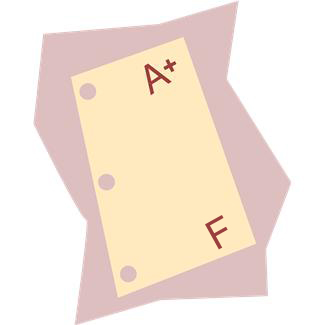 1) Children cut school for fear of failing a test.
1) Children cut school for fear of failing a test.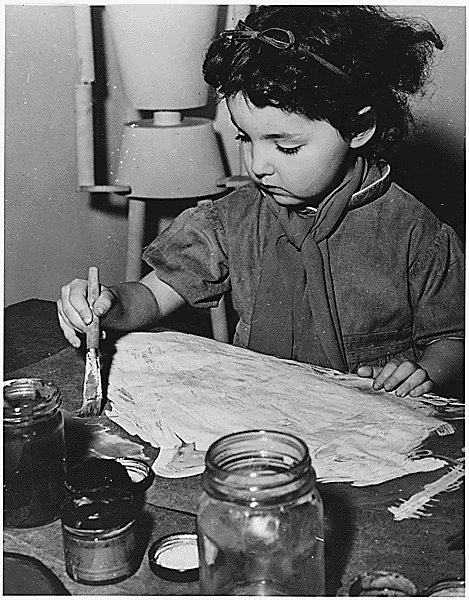
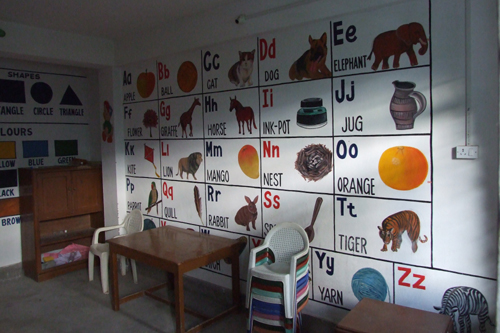 Placing children in a molded system that does not embellish their interests and their strengths represses their creativity, curbs their intelligence, crushes their self-worth and perpetuates a system that needs change. Having a system that is evolutionary in nature and is not framed around “the grading game” seems fresh, logical, sensible and
Placing children in a molded system that does not embellish their interests and their strengths represses their creativity, curbs their intelligence, crushes their self-worth and perpetuates a system that needs change. Having a system that is evolutionary in nature and is not framed around “the grading game” seems fresh, logical, sensible and
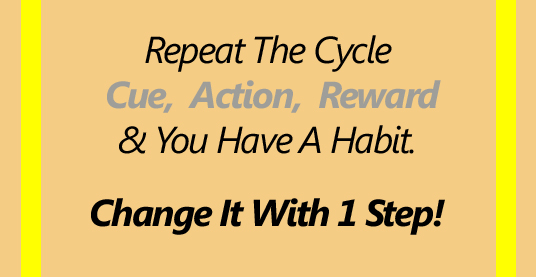 A habit is defined as something whose cue causes a behavior that brings a reward, similar to an endorphin rush from the absence of pain, the joy of sex, walking around the lake or the thrill of completing a tai chi session. Yes, it’s nice to go and do a physical fitness routine. And it’s great that we intellectually “know” that it’s good for us. But, it’s superb if we turn our exercise into a habit.
A habit is defined as something whose cue causes a behavior that brings a reward, similar to an endorphin rush from the absence of pain, the joy of sex, walking around the lake or the thrill of completing a tai chi session. Yes, it’s nice to go and do a physical fitness routine. And it’s great that we intellectually “know” that it’s good for us. But, it’s superb if we turn our exercise into a habit.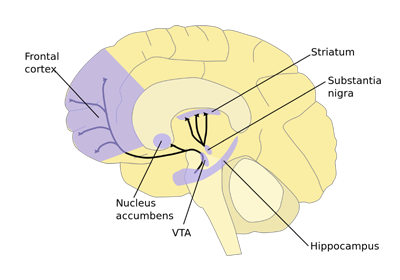 According to much research, the centers in the ventral tegmental area (VTA), the middle brain near the hippocampus, produce the dopamine that is connected with reward signals.
According to much research, the centers in the ventral tegmental area (VTA), the middle brain near the hippocampus, produce the dopamine that is connected with reward signals.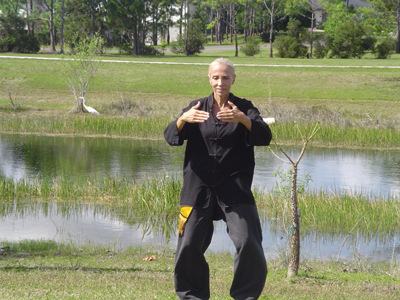 Here’s the answer. We usually assume a simple position for meditation whether it be seated or standing. This physical posture consumes calories/energy/chi in order to maintain the position, even though we are not moving on the outside.
Here’s the answer. We usually assume a simple position for meditation whether it be seated or standing. This physical posture consumes calories/energy/chi in order to maintain the position, even though we are not moving on the outside.
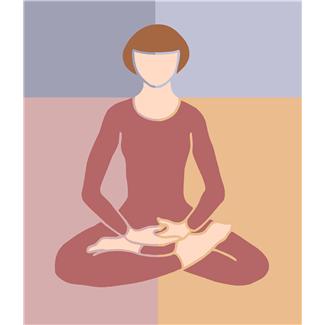
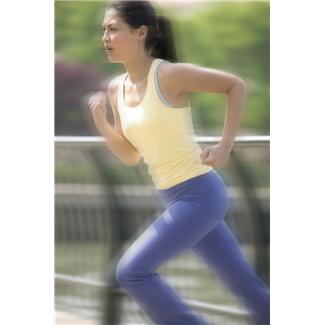 In the fast-paced world, it is rare that people hunker down and train in one area for any length of time. We usually engage in pinball education, meaning we don’t focus on one type of exercise before we jump to the next one. This type of learning reduces the chance that the exerciser will turn the training into a habit. It just stays as entertainment or the quick fix.
In the fast-paced world, it is rare that people hunker down and train in one area for any length of time. We usually engage in pinball education, meaning we don’t focus on one type of exercise before we jump to the next one. This type of learning reduces the chance that the exerciser will turn the training into a habit. It just stays as entertainment or the quick fix.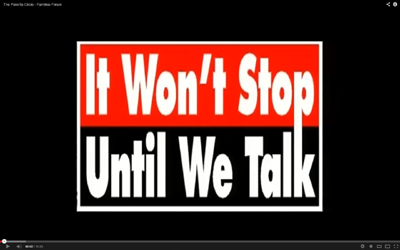
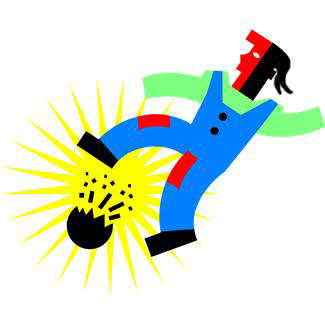
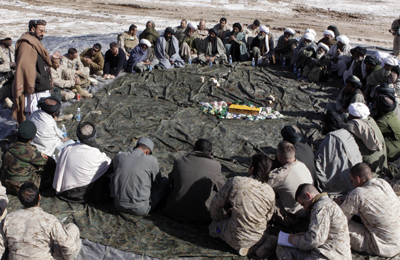 1) Bereaved people from opposing sides of a conflict share their story, 1 at a time, with the whole group. (Image depicts a generic group.)
1) Bereaved people from opposing sides of a conflict share their story, 1 at a time, with the whole group. (Image depicts a generic group.)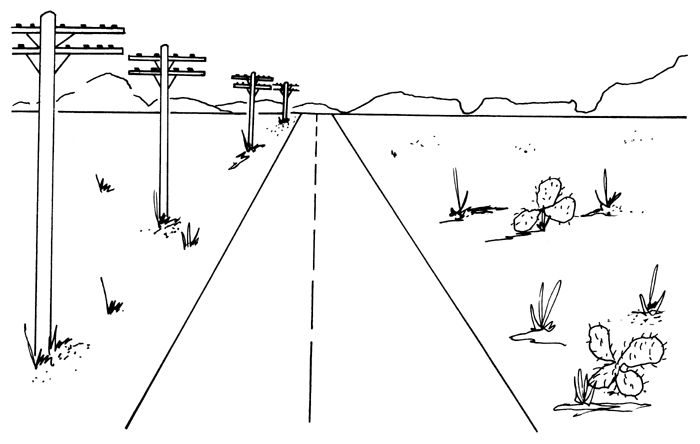 CATHARSIS
CATHARSIS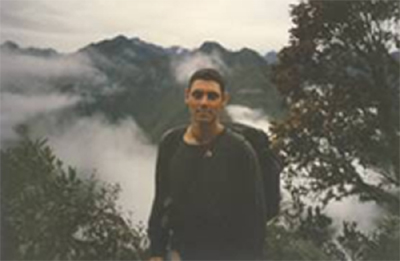
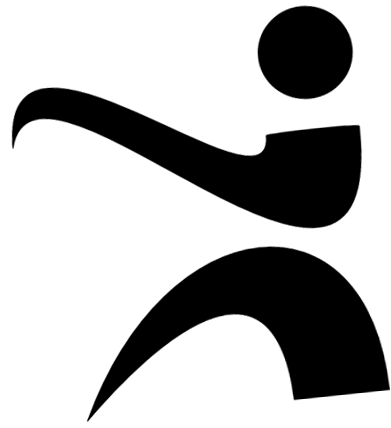 But tai chi has other functions. There is scientific evidence that tai chi also improves flexibility, focus, respiration, muscle response, memory, mental attitude.
But tai chi has other functions. There is scientific evidence that tai chi also improves flexibility, focus, respiration, muscle response, memory, mental attitude.
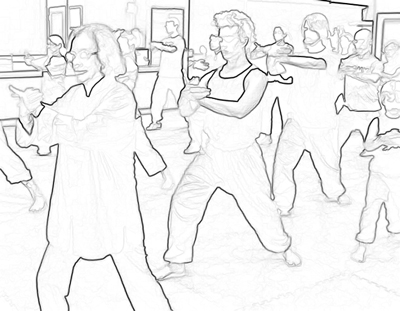 In order to learn tai chi, we have to concentrate on the actual movement we are doing. We do the same movement over and over again until it becomes familiar to us. Sounds a little like a habit, right? It is different from jumping rope, doing a dance routine, going to the gym because every time we do it, it is different. Tai chi movement involves every single part of the body. And we are different of mind and body every day. That is why it is different. As with any martial art, the movement is a tool for training and changing the mind. However, the physical way we execute the motion is related to our mood at the moment, what we choose to express, how relaxed our body is and whether we are working on warding off a potential attacker. These factors affect the movement and make it unique in the world of movement arts.
In order to learn tai chi, we have to concentrate on the actual movement we are doing. We do the same movement over and over again until it becomes familiar to us. Sounds a little like a habit, right? It is different from jumping rope, doing a dance routine, going to the gym because every time we do it, it is different. Tai chi movement involves every single part of the body. And we are different of mind and body every day. That is why it is different. As with any martial art, the movement is a tool for training and changing the mind. However, the physical way we execute the motion is related to our mood at the moment, what we choose to express, how relaxed our body is and whether we are working on warding off a potential attacker. These factors affect the movement and make it unique in the world of movement arts.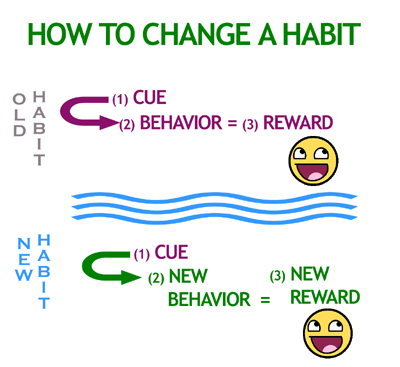 The fact that tai chi involves mind, body and the way we live our lives, but all we have to do is watch our moving hand or foot to grasp our own attention is the very reason it can help change a habit. When we get the CUE, that urge, craving, onset of desire to behave habitually, we can
The fact that tai chi involves mind, body and the way we live our lives, but all we have to do is watch our moving hand or foot to grasp our own attention is the very reason it can help change a habit. When we get the CUE, that urge, craving, onset of desire to behave habitually, we can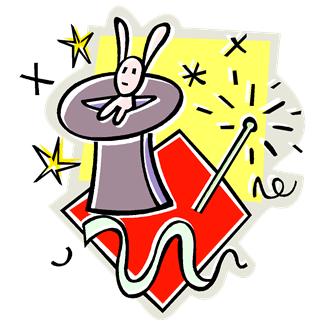 At the beginning, meaning for 3 to 4 weeks, if possible; it’s a good idea not to look at the new reward or evaluate it or compare it to the old reward. We have to remember it took lots of repetition to learn the old behavior, so give the new behavior some time to become beneficial to our lives before deciding to judge it. Otherwise the mind will play the old trick that the new behavior doesn’t work for us (which is. most of the time, a self-con so that we can go back to our old behavior).
At the beginning, meaning for 3 to 4 weeks, if possible; it’s a good idea not to look at the new reward or evaluate it or compare it to the old reward. We have to remember it took lots of repetition to learn the old behavior, so give the new behavior some time to become beneficial to our lives before deciding to judge it. Otherwise the mind will play the old trick that the new behavior doesn’t work for us (which is. most of the time, a self-con so that we can go back to our old behavior).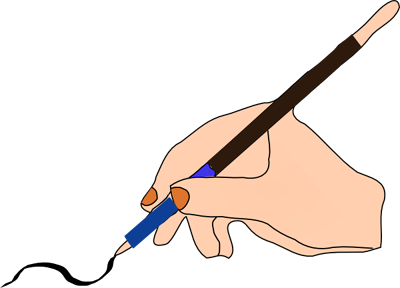 1) WRITE IT DOWN!
1) WRITE IT DOWN!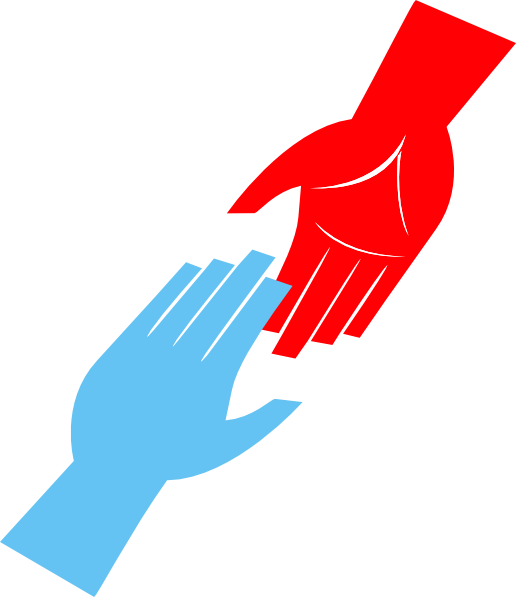 5) CALL SOMEONE
5) CALL SOMEONE Because of this training, we have the ability to consider taking the longer path if it is more strategic to get where we are going because we know patience, the first lesson in any martial art. We learn to take time out to consider, meditate, evaluate, even if, in physical combat, it is only a split second.
Because of this training, we have the ability to consider taking the longer path if it is more strategic to get where we are going because we know patience, the first lesson in any martial art. We learn to take time out to consider, meditate, evaluate, even if, in physical combat, it is only a split second. To the kung fu artist or other martial artist, there is no sense in acting with impatience, hostility, irrationality unless the behaviors of the other affect us. If our self-esteem is intact and does not depend upon how others see us or treat us, we have no need to pump ourselves up like peacocks on display being macho to find a mate or bearded dragon lizards who puff their necks to make themselves bigger when they sense a threat.
To the kung fu artist or other martial artist, there is no sense in acting with impatience, hostility, irrationality unless the behaviors of the other affect us. If our self-esteem is intact and does not depend upon how others see us or treat us, we have no need to pump ourselves up like peacocks on display being macho to find a mate or bearded dragon lizards who puff their necks to make themselves bigger when they sense a threat.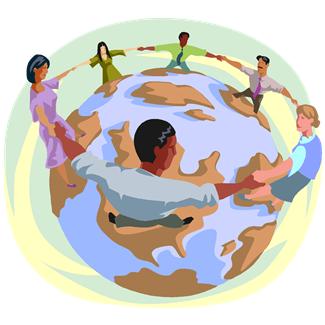 When we are older, acting the way of the child does not utilize our reason and the wisdom from our experience we have taken so long to gain.
When we are older, acting the way of the child does not utilize our reason and the wisdom from our experience we have taken so long to gain.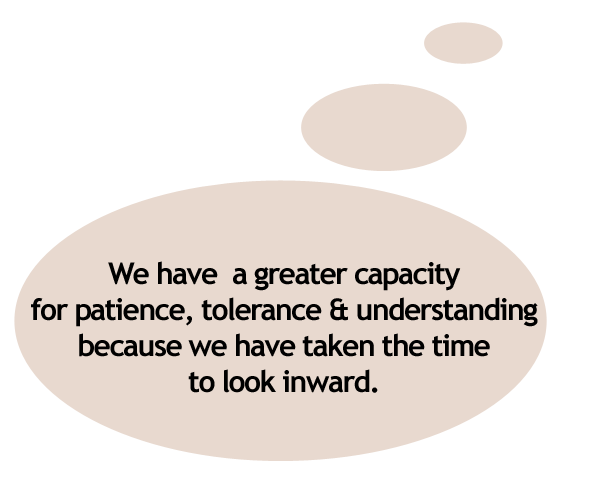 CONCLUSION
CONCLUSION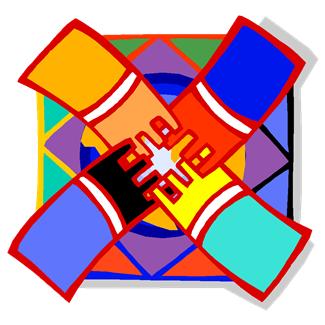
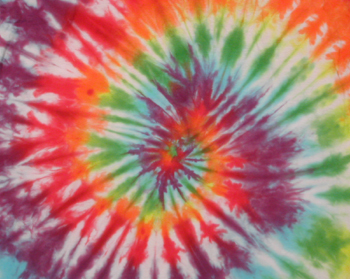 In November, 1969, I ended up going to the Palm Beach Pop Music Festival, a glorious lifetime game changer of 3 cold, wet and muddy days where I saw Janis Joplin, The Rolling Stones, Iron Butterfly and a host of other musicians, friends, action. Yes, they were singing about peace and what was wrong with our time with our presence in Vietnam very much on our minds. We wore tie dyed t-shirts, flowers in our hair, peace signs on our clothing and marched for various freedoms which are now common place.
In November, 1969, I ended up going to the Palm Beach Pop Music Festival, a glorious lifetime game changer of 3 cold, wet and muddy days where I saw Janis Joplin, The Rolling Stones, Iron Butterfly and a host of other musicians, friends, action. Yes, they were singing about peace and what was wrong with our time with our presence in Vietnam very much on our minds. We wore tie dyed t-shirts, flowers in our hair, peace signs on our clothing and marched for various freedoms which are now common place. We have all listened to lectures, read some article, report, paper or book justifying the need for peace. Although these intellectual pursuits are impressive, they are not exciting enough to make us get involved enough to empower a movement. Most of the time, we do not move because most of what we hear and read is dry and does not create that exponentially growing enthusiasm we require to take a committed step.
We have all listened to lectures, read some article, report, paper or book justifying the need for peace. Although these intellectual pursuits are impressive, they are not exciting enough to make us get involved enough to empower a movement. Most of the time, we do not move because most of what we hear and read is dry and does not create that exponentially growing enthusiasm we require to take a committed step.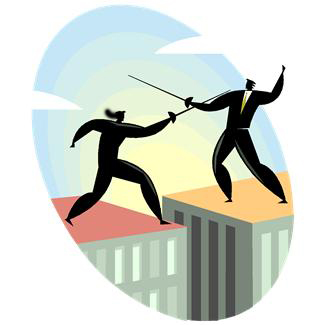 Aggressive behavior involves fighting, yelling, anger and conflict resolution that usually ends in violence. We, as civilized people, accomplish temporary territorial expansion, human rights as we see them at the time of issue and winning a struggle of will until the next powerful wave of fellow humans decides there is a need for change. Not a great show of modern civilization.
Aggressive behavior involves fighting, yelling, anger and conflict resolution that usually ends in violence. We, as civilized people, accomplish temporary territorial expansion, human rights as we see them at the time of issue and winning a struggle of will until the next powerful wave of fellow humans decides there is a need for change. Not a great show of modern civilization.
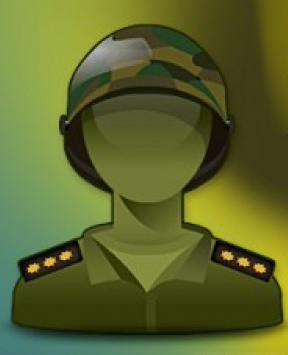 (I am in deep gratitude to our military fighters who protect our children, our way of life, our freedoms. At this time, there is need for such military strength. Will this always be our nature, or can we evolve?
(I am in deep gratitude to our military fighters who protect our children, our way of life, our freedoms. At this time, there is need for such military strength. Will this always be our nature, or can we evolve?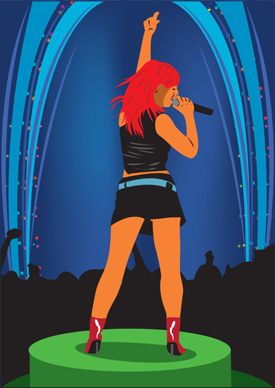 It’s because of the pizazz in some of us, often celebrities, that the others of us are sparked to take action.
It’s because of the pizazz in some of us, often celebrities, that the others of us are sparked to take action. You may remember
You may remember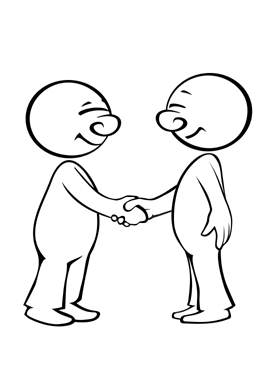 Since we all like to be entertained and we get involved by celebrity messages, let’s continue to use entertainment to make sparks fly. It’s sexy, creative, diverse, instantaneous. We become instantly involved when we hear a song that we like or see art that is beautiful.
Since we all like to be entertained and we get involved by celebrity messages, let’s continue to use entertainment to make sparks fly. It’s sexy, creative, diverse, instantaneous. We become instantly involved when we hear a song that we like or see art that is beautiful.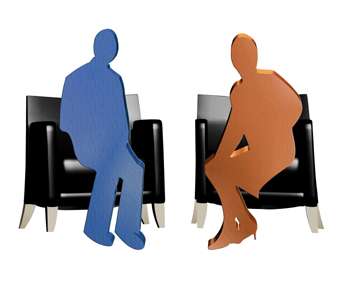 Start talking to someone who has grown up in war. When they get inflammatory about their opposing tribe, don’t get inflammatory or judgmental. Work to understand this behavior.
Start talking to someone who has grown up in war. When they get inflammatory about their opposing tribe, don’t get inflammatory or judgmental. Work to understand this behavior.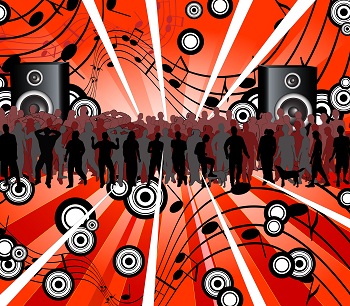 Commit that you make it your goal to pick a performer that fires you up: a musician, a visual artist, an actor, a creator. Pick one who donates to a peace cause. Go to concerts of this performance troupe, either in person or online. Follow the network attached to this performer, and look into the organization that benefits from the donation.
Commit that you make it your goal to pick a performer that fires you up: a musician, a visual artist, an actor, a creator. Pick one who donates to a peace cause. Go to concerts of this performance troupe, either in person or online. Follow the network attached to this performer, and look into the organization that benefits from the donation.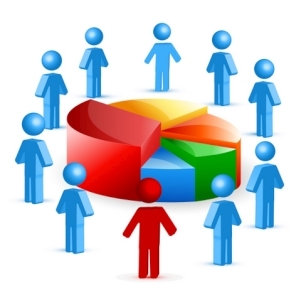 Join a network that is all about getting people together for the purpose of creating new art, new music, new creativity for the sake of upgrading our peace, our resources, our human rights and downgrading our greed and our habits that cause us to be unhealthy.
Join a network that is all about getting people together for the purpose of creating new art, new music, new creativity for the sake of upgrading our peace, our resources, our human rights and downgrading our greed and our habits that cause us to be unhealthy.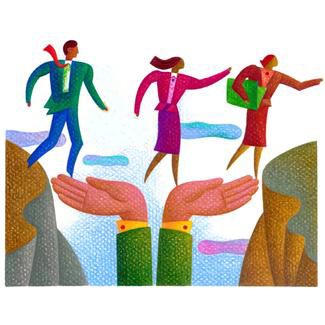 In order to build a peace bridge, we have to work every day to rid ourselves of old ideas, old reactions, our own prejudices. How?
In order to build a peace bridge, we have to work every day to rid ourselves of old ideas, old reactions, our own prejudices. How?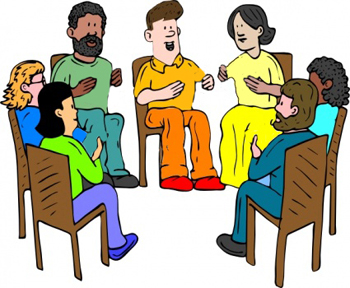 Peace needs a bridge that we, individually and collectively, can build. Every day, we can choose to back away from our own need for power by submitting to listen to someone; we can build the bridge. When we act well, others see it and may make it part of their culture. When we yield, the more powerful we become. We may even release the anger that causes war.
Peace needs a bridge that we, individually and collectively, can build. Every day, we can choose to back away from our own need for power by submitting to listen to someone; we can build the bridge. When we act well, others see it and may make it part of their culture. When we yield, the more powerful we become. We may even release the anger that causes war.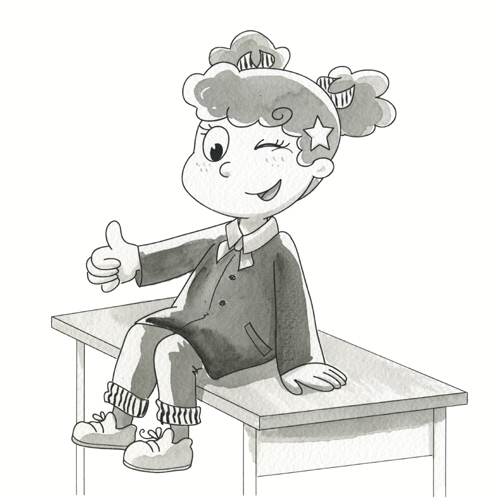
 I was thinking about the studies I read, the nutrition I study and have access to, the articles I write on how to lead a better life through no stress, better habits and good times. When all of a sudden, I realized that the techniques I write about are luxurious. Meaning able to be executed because of our luxury. I knew it was time to focus on some of those luxuries that we take for granted.
I was thinking about the studies I read, the nutrition I study and have access to, the articles I write on how to lead a better life through no stress, better habits and good times. When all of a sudden, I realized that the techniques I write about are luxurious. Meaning able to be executed because of our luxury. I knew it was time to focus on some of those luxuries that we take for granted.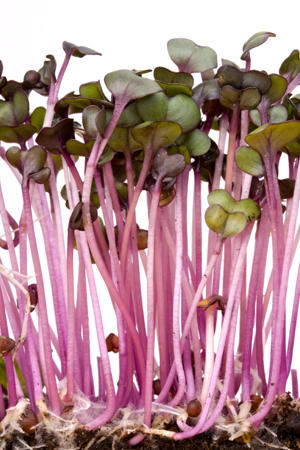 Almost
Almost  There are so many different levels of having shelter. Some of us used to have a tin house that was washed away by a hurricane. Others of us have a small apartment. And others own several palatial homes in different parts of the world. Whatever we have, it is a gift. Especially if we can actually be comfortable in it.
There are so many different levels of having shelter. Some of us used to have a tin house that was washed away by a hurricane. Others of us have a small apartment. And others own several palatial homes in different parts of the world. Whatever we have, it is a gift. Especially if we can actually be comfortable in it. Not to get gushy, but, the 1 thing the United States offers is a special array of freedoms. True, we have a little imbalance of power, from time to time, when it comes to the corporation vs. the individual. But, mostly, we have the largest vat of freedom in the world. Not to be taken lightly.
Not to get gushy, but, the 1 thing the United States offers is a special array of freedoms. True, we have a little imbalance of power, from time to time, when it comes to the corporation vs. the individual. But, mostly, we have the largest vat of freedom in the world. Not to be taken lightly.
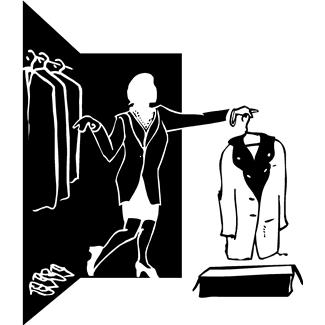
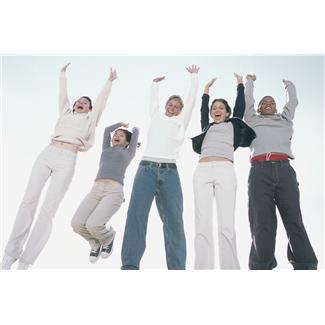 5) PEACE & FREEDOM ACTION STEP
5) PEACE & FREEDOM ACTION STEP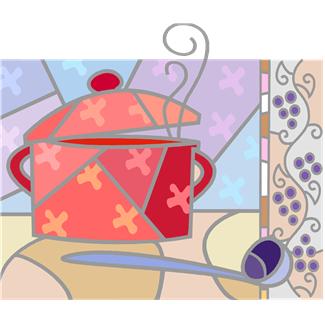 In The New England Journal of Medicine last week, a prominent researcher noted that much of the conventional wisdom about weight loss has little basis in science. But his article did not address one oft-asked question: Is your waistline affected by when you eat, or is a calorie always just a calorie whenever you eat it?
In The New England Journal of Medicine last week, a prominent researcher noted that much of the conventional wisdom about weight loss has little basis in science. But his article did not address one oft-asked question: Is your waistline affected by when you eat, or is a calorie always just a calorie whenever you eat it?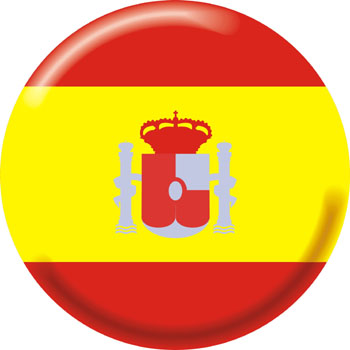 In a new study, published in The International Journal of Obesity, researchers at Harvard and elsewhere followed 420 overweight men and women in Spain in a 20-week weight loss program.
In a new study, published in The International Journal of Obesity, researchers at Harvard and elsewhere followed 420 overweight men and women in Spain in a 20-week weight loss program.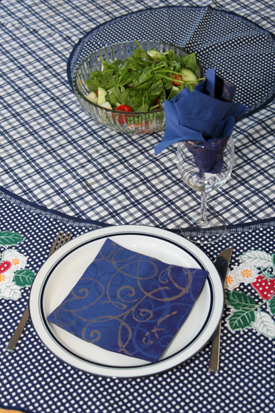 But there was a critical difference in the timing of their main meal of the day, which in this case, because of the Mediterranean setting, was lunch. In both groups, the meal comprised about 40 percent of their daily calories. But one group consistently ate it before 3 p.m. daily, while the other did so after 3 p.m.
But there was a critical difference in the timing of their main meal of the day, which in this case, because of the Mediterranean setting, was lunch. In both groups, the meal comprised about 40 percent of their daily calories. But one group consistently ate it before 3 p.m. daily, while the other did so after 3 p.m. There were many times I experienced what it feels like to wake up the morning after drinking alcohol. In contrast and most of the time, I have experienced waking up feeling crystal clear, powerful, joyful and healthy. Once I decided to rid myself of drinking alcohol at all, I woke up lucid every morning. This got me to thinking.
There were many times I experienced what it feels like to wake up the morning after drinking alcohol. In contrast and most of the time, I have experienced waking up feeling crystal clear, powerful, joyful and healthy. Once I decided to rid myself of drinking alcohol at all, I woke up lucid every morning. This got me to thinking.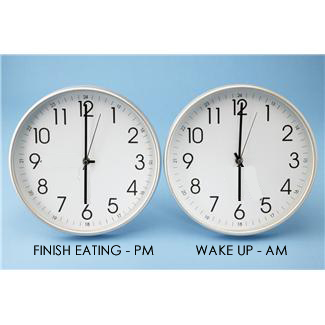 But how alert would I be, I asked myself, if I could increase the period of time between my last meal and drink (except for hydrating water or green tea because the quercetin in it is a great anti-viral, anti-inflammatory, anti-cancer enzyme)?
But how alert would I be, I asked myself, if I could increase the period of time between my last meal and drink (except for hydrating water or green tea because the quercetin in it is a great anti-viral, anti-inflammatory, anti-cancer enzyme)?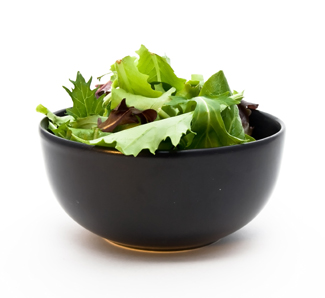 Figure out a way to finish eating before 6 p.m. If you want to or have to socialize after that time (this will inevitably end up in eating), plan ahead that you will only eat raw greens in a salad with a little olive oil and lemon juice or a plate of steamed leafy greens with a drop of olive oil and lemon juice.
Figure out a way to finish eating before 6 p.m. If you want to or have to socialize after that time (this will inevitably end up in eating), plan ahead that you will only eat raw greens in a salad with a little olive oil and lemon juice or a plate of steamed leafy greens with a drop of olive oil and lemon juice.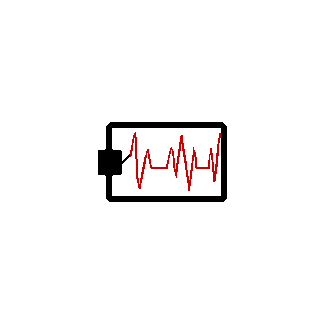 3)
3)